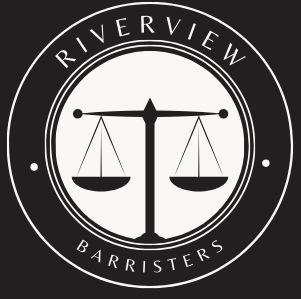Personal injury, also referred to as tort law, serves to provide individuals who have been wronged by someone else’s actions with protection and justice by seeking compensation for costs such as medical bills or lost income.
Personal injury law rests upon three principles: duty, breach of duty and proximate cause. To establish liability against someone else for your injuries caused by their negligent acts.
What is a personal injury claim?
Personal injury litigation refers to civil legal actions taken by an individual (the plaintiff) against another person or entity (the defendant). Such lawsuits seek compensation for harm resulting from negligent or intentional acts by others, such as medical bills and lost income.
Plaintiff lawyers must present legal arguments that support their entitlement to compensation and present evidence that supports this position. Most often, this compensation takes the form of money damages to cover losses related to an accident; these may fall under categories such as compensatory and punitive.
For any claim to succeed, the plaintiff must demonstrate that their defendant owed them a duty of care–an obligation to act responsibly and use professional skills–that was broken and directly linked to injuries suffered as evidence of causation. Personal injury lawsuits typically fall under negligence law but may also include strict liability cases such as defective product lawsuits, slip and falls claims and medical malpractice suits.
What are the damages in a personal injury claim?
Calculating damages requires taking several factors into consideration, including medical bills and lost wages from missed work days as well as more intangible ones like pain and suffering and emotional distress.
Documenting injuries accurately is key to establishing these intangible costs, from medical records and expert testimony to psychological assessments and psychological evaluations. Also considered are pain and suffering severity and duration, impact on daily routines and overall enjoyment of life.
Transportation expenses to doctor appointments or modifications made for disabled access should also be included as expenses. Punitive damages may also be awarded, in cases of particularly bad behavior by defendants; this form of punishment aims to deter similar behavior in future and punish or deter those responsible from engaging in similar conduct. However, punitive damages tend to be scarcely awarded and vary depending on your jurisdiction so having an attorney on hand to evaluate any settlement offers and determine their fairness is essential.
How do I know if I have a personal injury claim?
A consultation with an experienced personal injury lawyer is the ideal way to assess if you have a valid personal injury case. They will analyze your medical records and injuries sustained, to help them assess how severe they are – this will enable them to determine the value of your claim as well as any long-term impacts and assess non-economic damages.
A valid personal injury case requires being injured due to someone else’s negligence and experiencing actual damages as a result. These damages could include physical injuries, financial losses and emotional trauma.
Your expenses, including future treatment costs, may be covered. Injured people can also seek compensation for how their injuries affected their quality of life in terms of physical, emotional and reputational damage. Unfortunately, this process can be complex; you will need the advice and representation of an experienced lawyer to understand and protect your rights and pursue compensation from those at fault if necessary.
How do I know if I need a personal injury lawyer?
Nobody plans on needing the services of a personal injury lawyer, but accidents do happen every day and when they do it’s wise to have a trusted New York personal injury attorney by your side to guide through the legal process and help facilitate compensation claims.
Personal injury cases take many forms, but among the more prevalent are car accidents, slip and falls, medical malpractice and wrongful death claims. To qualify as a personal injury suit under state or federal law, any harm must have occurred through someone’s negligence or breach of duty to you personally.
Before selecting an attorney, be sure to inquire about their courtroom experience. Insurance companies know which lawyers frequently appear before juries for trial proceedings; knowing which ones do can help ensure you receive maximum value for your claim.
